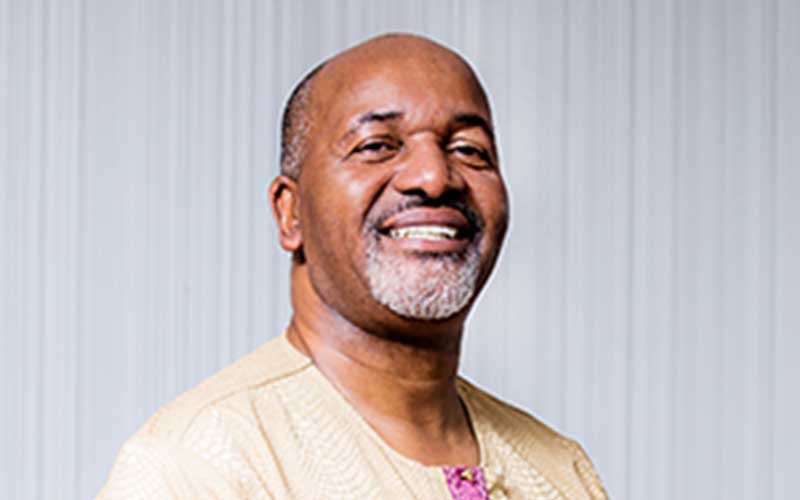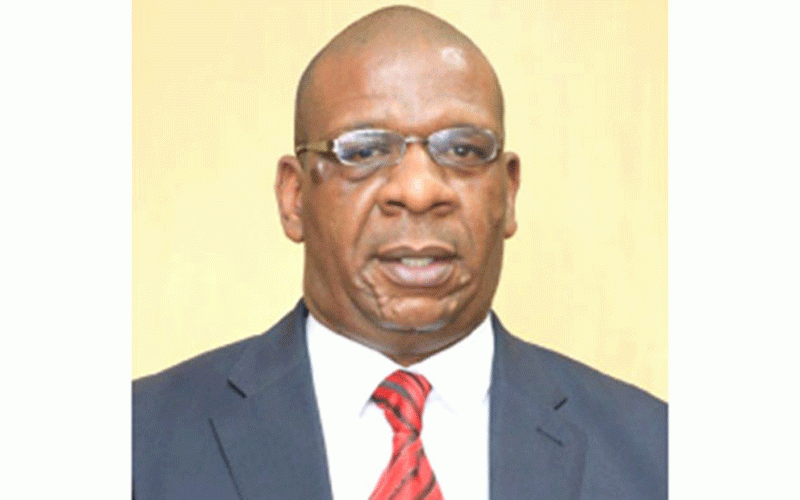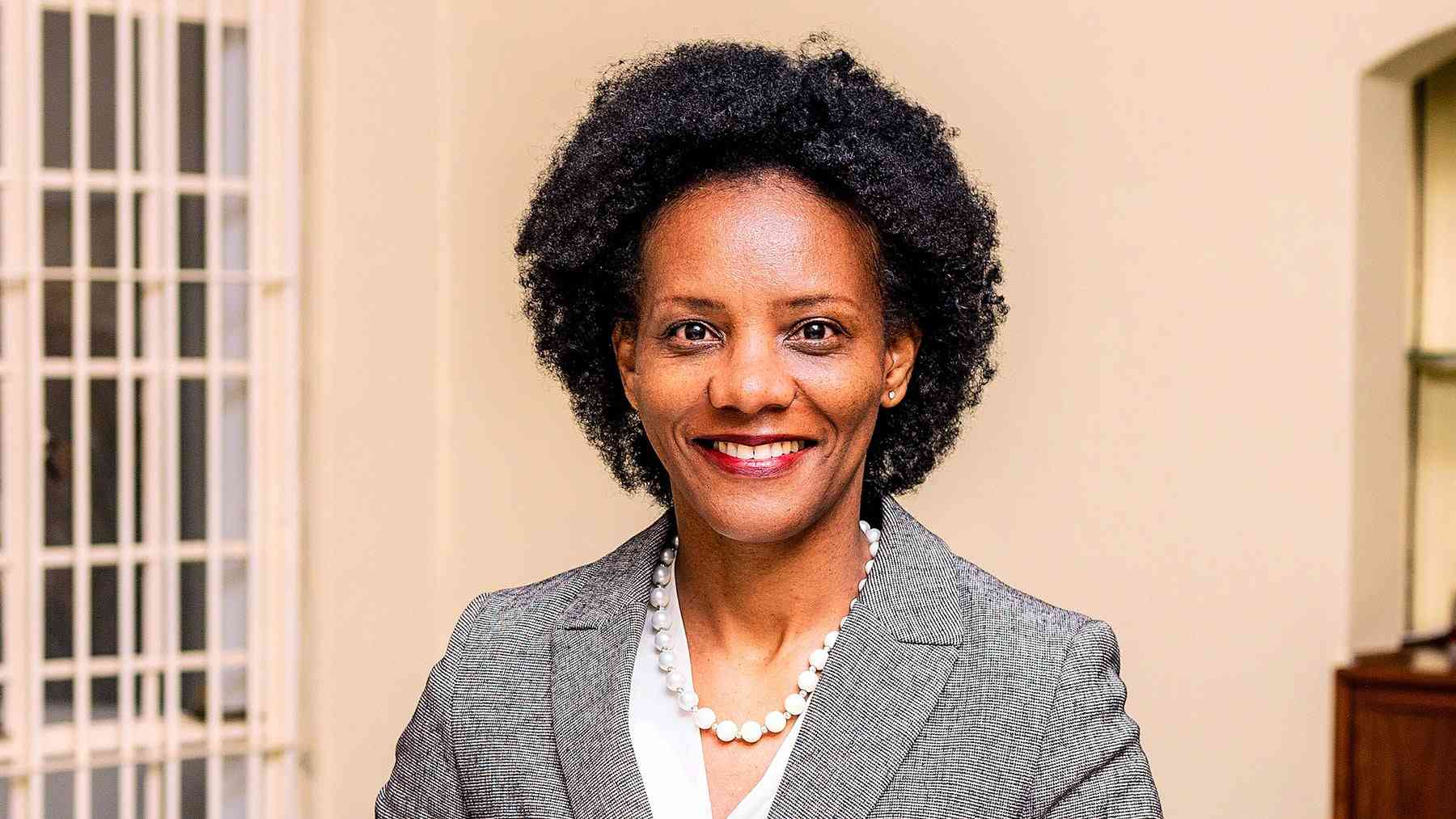
MASAWARA Group Holdings founder and chief executive officer Shingai Mutasa says local businesses need to learn from the experiences of failed companies and seek funding opportunities regionally, as access to global capital remains limited.
Currently, the country’s high-risk profile has made it hard for local companies to access funding from international markets at a time when capital is scarce in the country.
The high-risk profile is around the instability of the political environment, violations of property rights, strict exchange controls, exchange rate disparities, power cuts, poor infrastructure, high taxes, corruption, and bureaucratic processes.
Mutasa made the remarks at the Confederation of Zimbabwe Industries 2023 Annual Congress that began on Wednesday and ends today.
“How do we help Zimbabwe businesses to become more regional and international? If you look at companies that we used to have in Zimbabwe, such as Kingdom Bank, Trust Bank, Royal Bank among others, we still have those people around,” Mutasa said.
“We need to create a database of those people and get guidance from them, from their exposure, and ride on their relationships that they created at that time. That exposure is significant for us to expand. That kind of body would be of good value.”
Mutasa also noted that because of limited capital opportunities, there was need for companies to look for capital in the region rather than in the international space.
“The capital is very limited in Zimbabwe. We are also under sanctions. I have gone around the world looking for capital and the issue of sanctions comes up all the time. The capital costs out there are very high or are generally inaccessible,” Mutasa said.
- Mthuli Ncube abandons struggling consumers
- Fears of jobs carnage as crisis deepens
- Fresh warning over bank rate hikes
- Police admit that money changers are untouchable
Keep Reading
“We need to partner with countries that do not care about the sanctions. There is no need to look too far. Here in Sadc, we can get the much-needed capital for the economy to strive. Let us go regional.”
He added that local companies needed to build relationships and partnerships within the region to unlock funding opportunities.
“Those partners will encourage banks in their countries to give out the capital. These banks are more than willing to give out capital to good entrepreneurs. Build relationships within the region and build good businesses from those relationships,” Mutasa said.
“The region is hungry for the business that we do here in Zimbabwe. The business needs to be good before you take them to the region. Capital is available in these other countries, and we need to take advantage of those countries. We need to build strong brands locally and then go regional.”
Zimbabwe Investment and Development Agency (Zida) chief executive officer Tafadzwa Chinamo said companies needed to build a strong basis locally before going international.
“There is a need for companies to understand their purpose and the reason why they want to go regional. There are different kinds of investors and there is a need for a company to first of all identify the kind of investor they want,” he said.
“Moreover, companies need to build a strong foundation for their businesses before they even think of going regional. You cannot leave the country because you failed here and expect to build a good business out there.”
According to Zida, the total investment value of licences signed over the first half of the year was US$1,07 billion, an increase of US$760,87 million as at the end of the first quarter.
German-based healthcare firm, Siemens Healthineers, Europe, Middle East, and Africa Contract Controlling director Tinashe Mukogo said local companies needed to be courageous enough to face the region and the world to expand their business ideas.
“Zimbabweans are too obsessed with being Zimbabweans. We need to change our mindsets just like Shingie said. We are too focused on how the local market is doing and it is slowing us down as a country,” Mukogo said.
“We need to be courageous enough to face the world. If companies are courageous enough to come and invest in our country, why can't we also invest in their countries? We are too conservative when it comes to expanding and that needs to change.”











